All the Difference (score & parts) - WW5
Composer: Steinmetz, John
Publisher: TrevCo
Edition: 1817 - 68857
$42.00
All the Difference (2016)
for woodwind quintet: flute, oboe, clarinet, horn, and bassoon
by John Steinmetz (b.1951) American composer, bassoonist, writer, satirist, speaker
for woodwind quintet: flute, oboe, clarinet, horn, and bassoon
by John Steinmetz (b.1951) American composer, bassoonist, writer, satirist, speaker
I. Scribbles
II. Taking Turns
III. Little Big Band
IV. Each and Every
Commissioned by the Board of Regents of the University of Nebraska and the Glen Korff School of Music at the University of Nebraska-Lincoln for the Moran Woodwind Quintet.
From the composer:
While composing this piece, I couldn't help hearing about violence, poverty, hatred, frightening climate change, and appalling political discourse. At the same time, societies around the world expanded social justice, diversity, inclusion, and ecological thinking. Maybe some of the feelings in this music were influenced by those goings-on. I know that the wind quintet's diversity of sound got connected in my mind with diversity in the world. All the Difference takes varied approaches to this diversity, but one underlying notion is that a group can get strongs by nurturing its members' individuality. During the piece the instruments relate in many ways: by joining, by alternating, by separating, by matching, by singing backup, by stepping into the spotlight.
The 1st movement, Scribbles, grew from an image of jerky lines scribbled on a piece of paper. The line divides into two jerky lines then divides again, until five lines are scribbling across the page. I composed scribbly musical lines- not quite melodies- that divide. Sometimes another kind of music interrupts, seeming to get emotional.
The next two movements are both short, and the instruments all play together. Taking Turns sustains a chord, and one by one, players change their notes, shifting the chord and the feeling. In Little Big Band the instruments play together in close harmony, like a barbershop quartet or big band.
The last movement, Each and Every, is the longest. I tried something I had been considering for a while: every instrument has a solo, each one with a different personality, and they also get together so that all the solos can play at the same time. I hope it will be fun to hear the personalities and their joining together.
Duration: 16:00

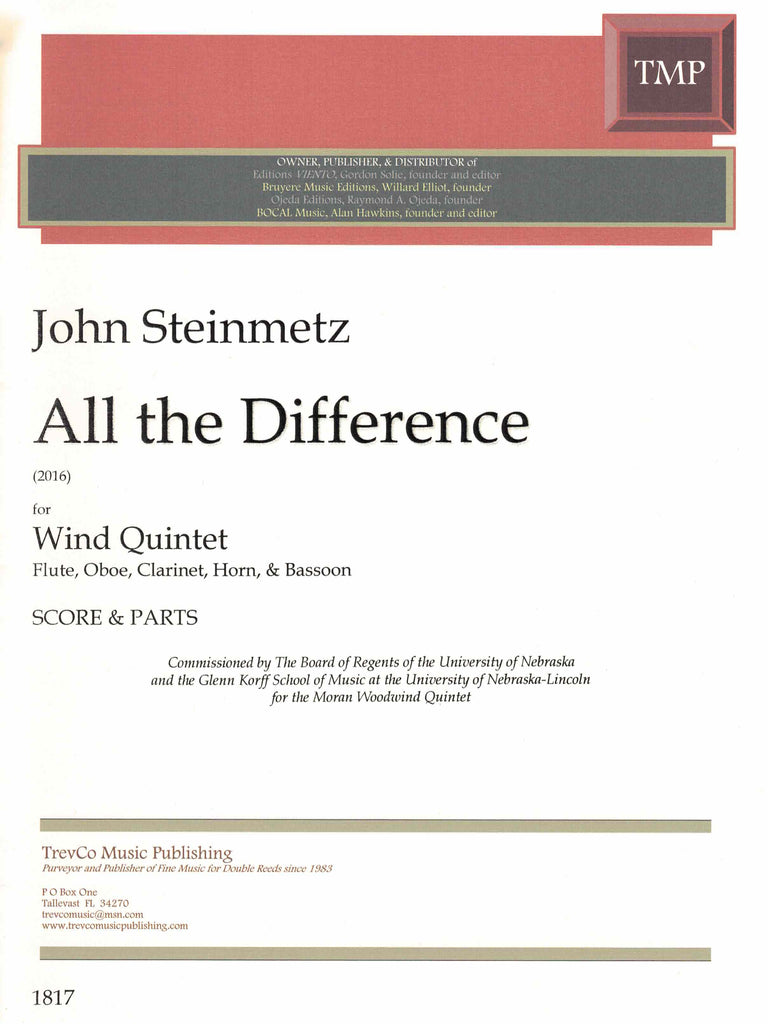
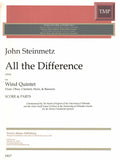
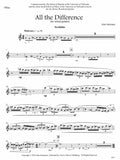
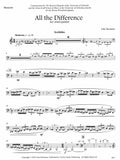
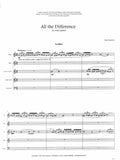
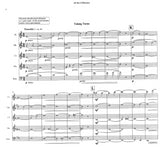
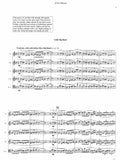
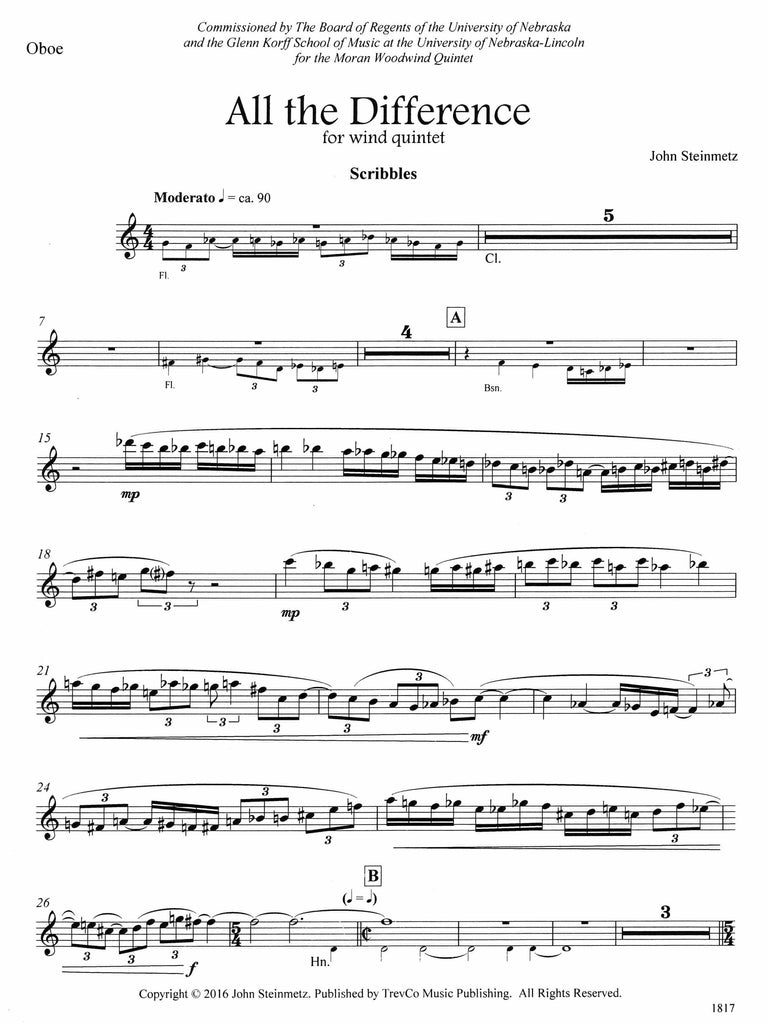
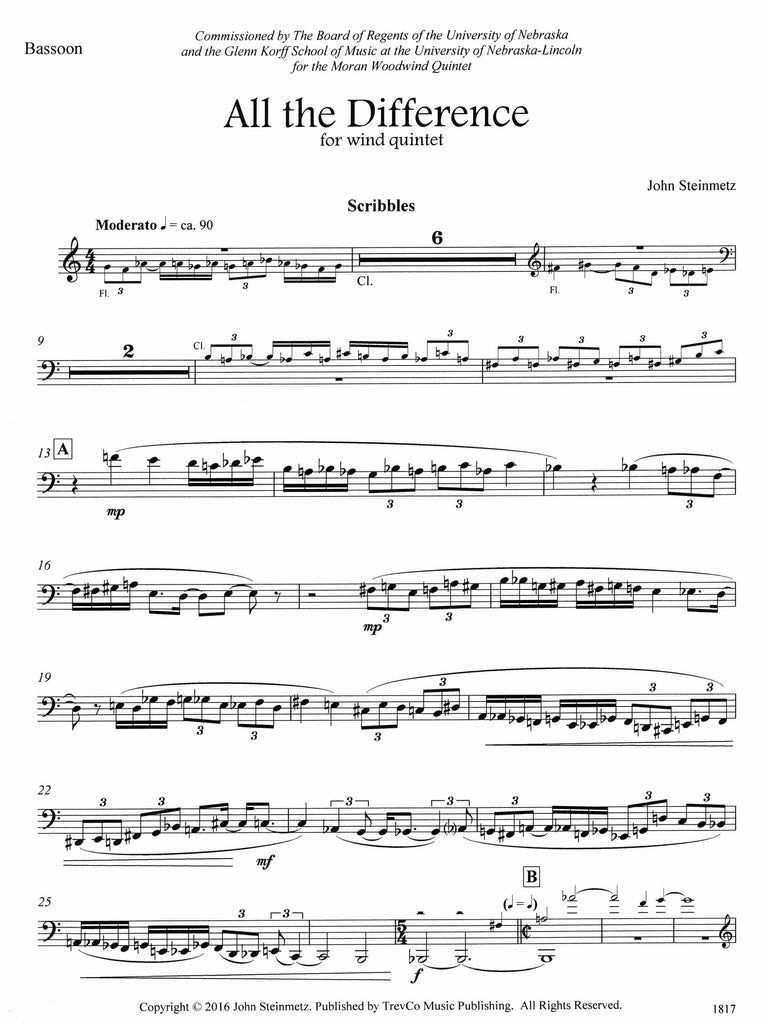
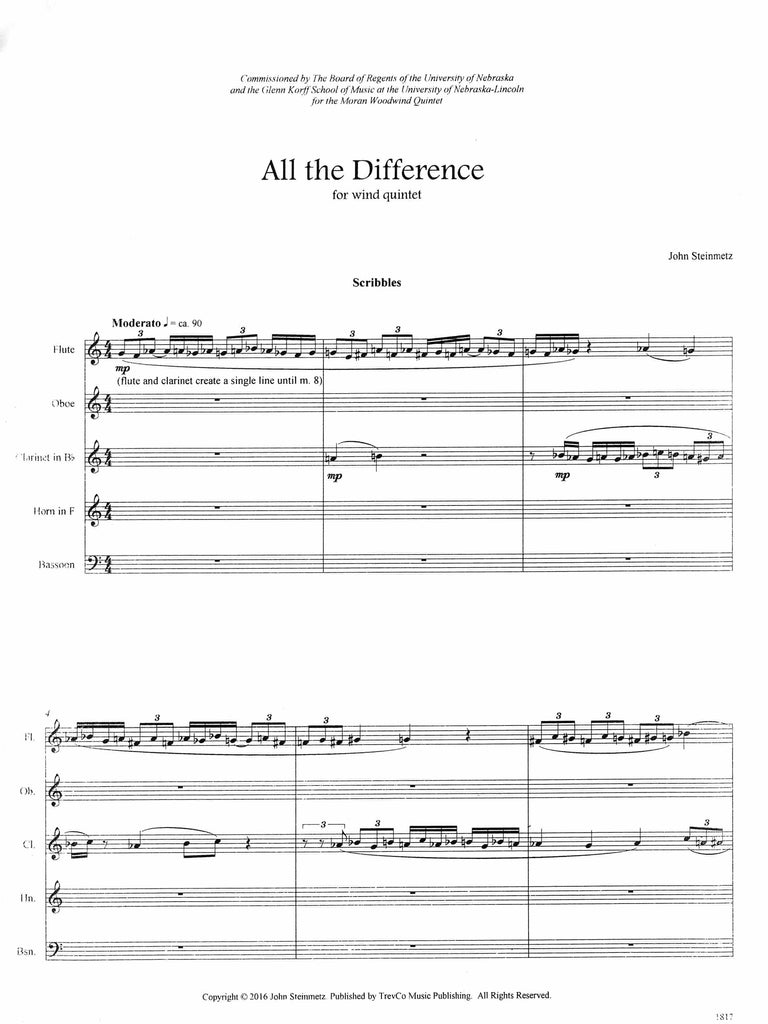
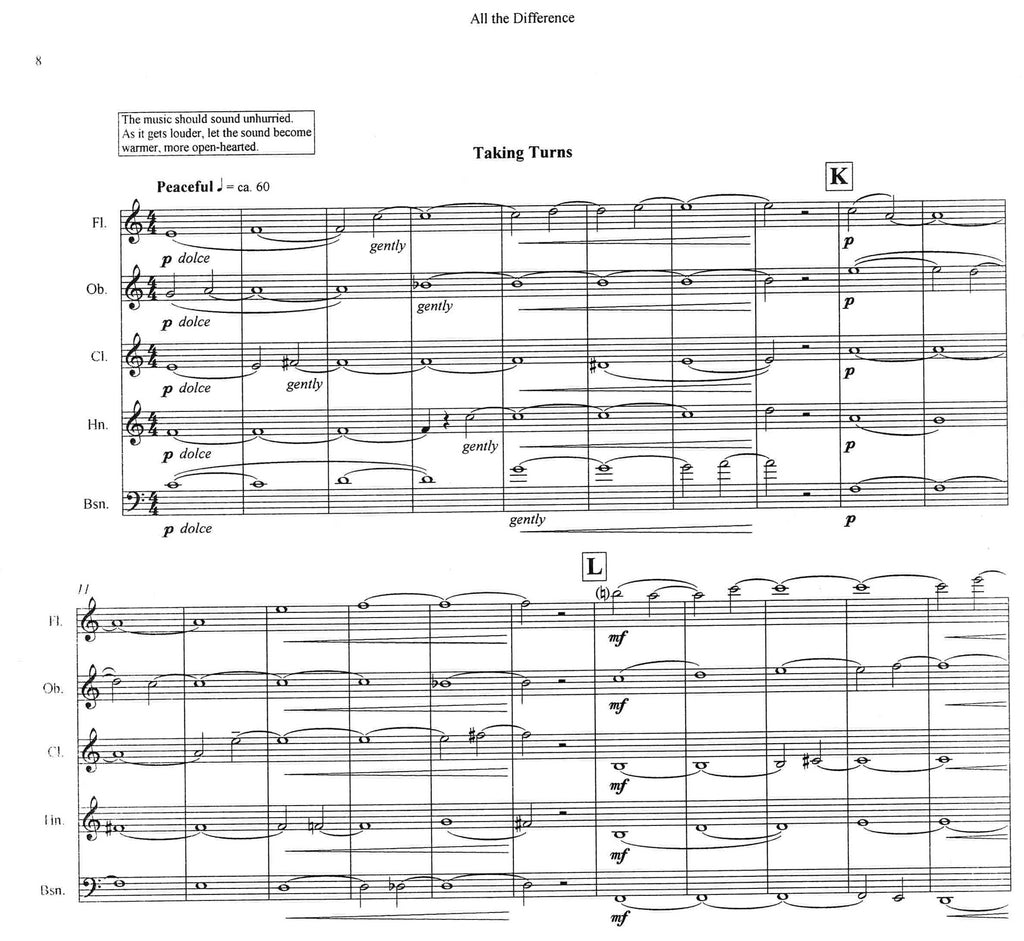
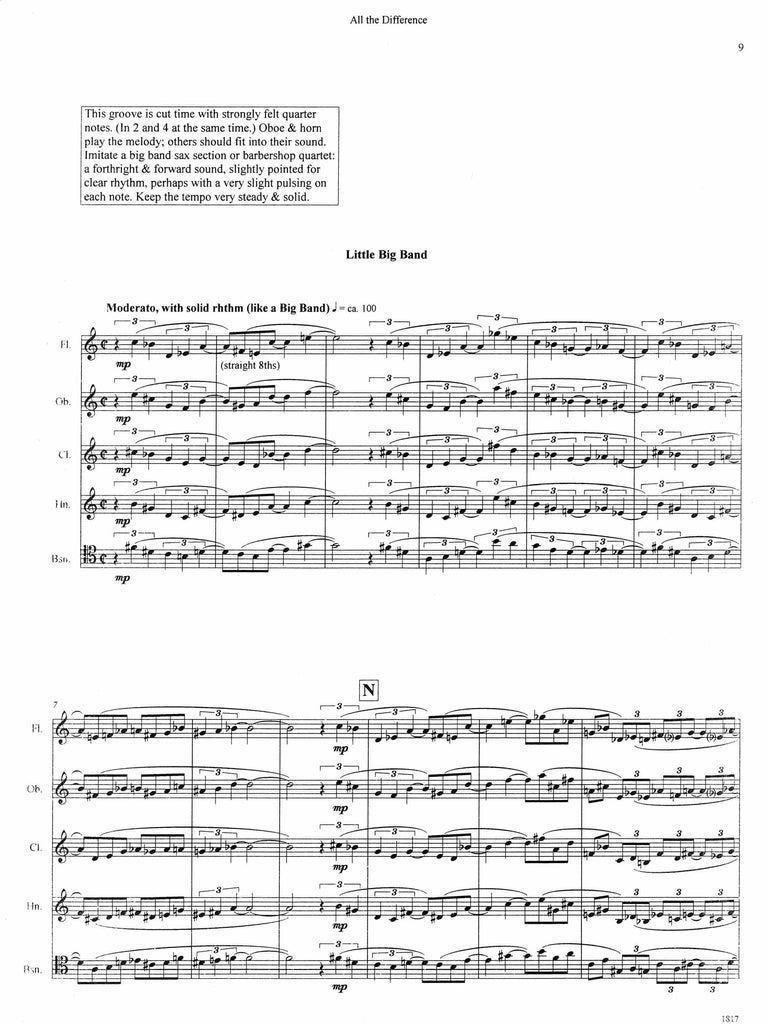
Share this item: